Understanding the Link Between Hearing Loss and Dementia in Older Adults
Have you ever considered that hearing loss could influence cognitive health? Recent research from the Johns Hopkins Bloomberg School of Public Health sheds light on this, revealing a noteworthy correlation between hearing loss and dementia in older adults. This blog delves into the study's findings, highlighting the pivotal role hearing aids may play in mitigating dementia risks.
Groundbreaking Research Findings:
The study, analyzing data from over 2,400 seniors, found a clear link: the greater the hearing loss, the higher the dementia risk. However, there's a silver lining—those who use hearing aids showed a significantly lower risk of developing dementia compared to those who don't.
Why This Matters:
Understanding the connection between hearing loss and cognitive decline can be a game-changer for public health. With two-thirds of Americans over 70 experiencing hearing loss, recognizing its potential impact on dementia is crucial for developing strategies to improve the quality of life in our aging population.
Deep Dive into the Study:
The research utilized data from the National Health and Aging Trends Study (NHATS), focusing on individuals over 65. It highlighted a 61% higher prevalence of dementia in participants with moderate to severe hearing loss compared to those with normal hearing. Impressively, hearing aid users had a 32% lower dementia prevalence.
Implications for Hearing Health:
These findings underscore the importance of addressing hearing loss, not just for auditory health but also for maintaining cognitive function. They advocate for enhanced accessibility to hearing care, spotlighting hearing aids as a potential deterrent against cognitive decline.
Looking Ahead:
The research team anticipates further insights from their Aging and Cognitive Health Evaluation in Elders (ACHIEVE) Study. This ongoing research aims to provide a more comprehensive understanding of how treating hearing loss influences cognitive health and dementia.
Conclusion: Making the Connection Clear
This study isn't just a call to action for individuals to address hearing loss; it's a message to the healthcare community to prioritize hearing health as a vital component of aging well. By integrating hearing care into routine health assessments for older adults, we can take a significant step toward reducing dementia risk and enhancing overall quality of life.
This article was first published Johns Hopkins Bloomberg School of Public Health: https://publichealth.jhu.edu/2023/new-study-links-hearing-loss-with-dementia-in-older-adults?utm_source=hearingtracker.com&utm_medium=newsletter
If you or a loved one is navigating hearing loss, consider the broader implications for cognitive health. Engage with our hearing care professionals to explore how hearing aids can not only improve hearing but also contribute to a healthier, more connected life in the later years. Call us at 641-683-3277 today!

